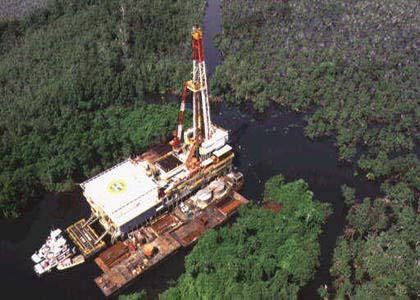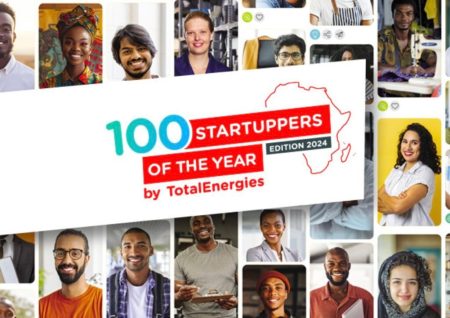
06 April 2017, Abuja — When militants in Nigeria’s southern Niger River delta started attacking oil installations, President Muhammadu Buhari promised to crush them by force. A year and $7 billion in lost oil exports later, his decision to switch tack by negotiating with the fighters seems to be working.
All but one force majeure, a clause that gives oil producers the right to miss supply obligations, have been lifted since peace talks were initiated in November with militants. Shipments at Forcados, the nation’s third-largest export terminal, are on course to restart in the second quarter. Nigeria rivals Angola as Africa’s biggest oil producer.
“Despite the president’s initial threats and bluster on the delta, common sense now seems to be prevailing,” said Cheta Nwanze, Lagos-based head of research at risk advisers SBM Intelligence. “The government needs steady oil production to stand any chance of a quick end to the economic recession.”
Since the truce, Nigeria has restored output to 1.68 million barrels a day from the 27-year low of 1.4 million barrels a day in August, according to Bloomberg estimates, with the last attack reported by the main militant group in November. While that’s still below the 2014-15 average of about 2 million barrels a day, it’s brightened prospects that the country can emerge from its worst economic slump in a quarter-century and ease a foreign-currency crisis sparked by the lower production of oil, its main export, and falling crude prices.
Brent crude, the global benchmark, was trading at $52.87 a barrel, down 0.5 percent, as of 9:30 a.m. Tuesday in London.
The dialogue started with back-channel contacts initiated by Petroleum Minister of State Emmanuel Kachikwu, a former executive of Exxon Mobil Corp.’s Nigerian unit. The Niger Delta Avengers, the group responsible for more than 90 percent of attacks, agreed to a cease-fire in September and nominated a group of regional elders to negotiate on their behalf.
Regional Autonomy
Their demands included more regional autonomy and the reinstatement of a university in the hometown of the militant leader, Government Ekpemupolo, or Tompolo, suspected by the government of being behind the attacks, and more access to the jobs, contracts and other benefits that come from oil activities.
Then, Vice President Yemi Osinbajo visited all the states in the oil region in February while he was acting as Nigeria’s leader when Buhari was in the U.K. He met representatives of militant and community groups and made pledges to address longstanding grievances. The government also resumed suspended payments to ex-militants under an amnesty program.
The government promised to accelerate infrastructure projects in the region, reinstate the scrapped university and establish a plan to organize cottage fuel refiners, who often steal crude from pipelines, into cooperatives that will be legally supplied with oil to operate.
Pipeline Attacks
“The engagement we’re seeing so far must be taken as very initial and tentative steps,” Nnimmo Bassey, one of the founders of Environmental Rights Action, a local affiliate of Friends of the Earth active in the delta region, said in a phone interview from the oil industry hub of Port Harcourt. Talks will have to continue on the demands for “regional autonomy” and local control of oil resources, he said.
Before the dialogue started with the militants, fighters played a hide-and-seek game with troops, avoiding direct confrontation while attacking the pipeline system at strategic points to cut exports. Military reprisals alienated some delta communities, complicating the task of protecting pipelines spread over the 70,000 square-kilometer (27,000 square-mile) delta.
Two underwater attacks on the Forcados export terminal operated by Royal Dutch Shell Plc’s Nigerian unit put it out of action for more than a year, and it hasn’t resumed exports. A similar attack on Exxon Mobil Corp.’s Qua Iboe export terminal last August also caused extensive damage that is yet to be completely fixed.
The new government peace initiatives have struck the right chord with people in the delta, according to Dan Ekpebide, a community leader from the Gbaramatu district, a hotbed of the resurgent attacks, who’s involved in negotiations with the government.
“We welcome Osinbajo’s initiatives,” Ekpebide said by phone from the southern oil center of Warri. “If Buhari upholds them and implements them, then that will be the light at the end of the tunnel.”
*Elisha Bala-Gbogbo – [email protected]; editors: Karl Maier at [email protected]; Alaric Nightingale at [email protected]; Dulue Mbachu, Michael Gunn – Bloomberg.



